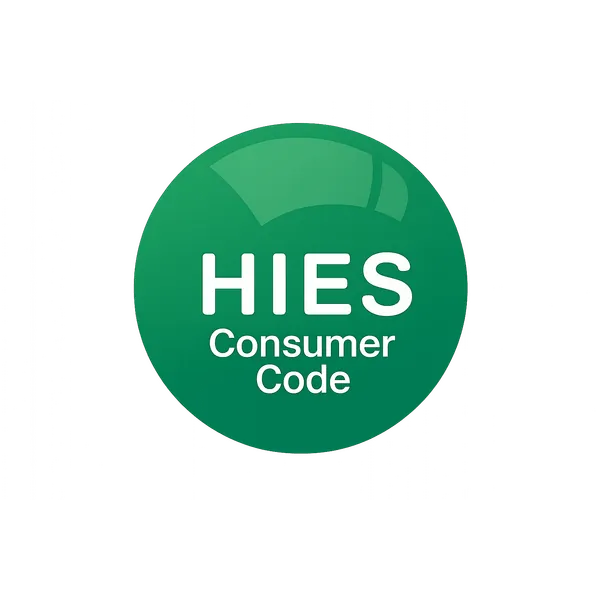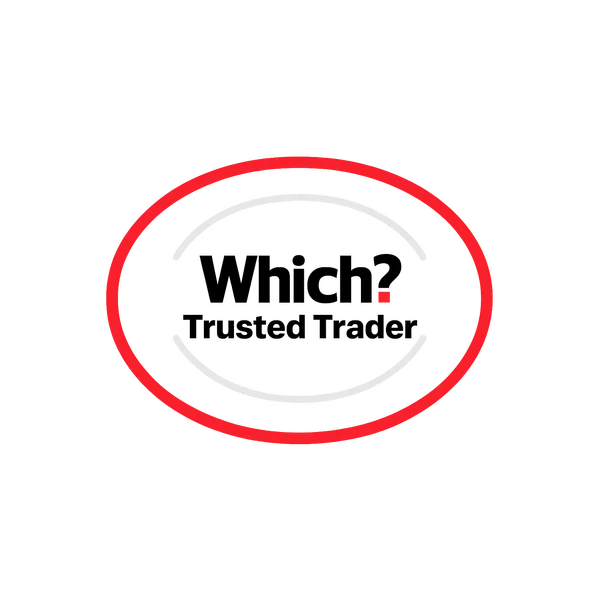Tethered vs. Untethered: Which EV Charger Cable Type is Best?
As electric vehicle ownership continues to surge across the UK, one of the most common questions we encounter at CRG Direct is whether to choose a tethered or untethered EV charger. This seemingly simple decision can significantly impact your daily charging experience, long-term costs, and overall satisfaction with your home charging setup. Let's explore the key differences and help you make an informed choice.
Understanding the Basics
What is a Tethered EV Charger?
A tethered EV charger comes with a permanently attached cable that cannot be removed without professional assistance. These units typically feature either a Type 1 or Type 2 connector permanently fixed to the charging unit, with the other end connecting to your electrical supply.
What is an Untethered EV Charger?
Untethered chargers, sometimes called socket-only units, feature a universal socket (usually Type 2) where you plug in a separate charging cable. This means you need to purchase the cable separately and connect it each time you charge your vehicle.
Convenience vs Flexibility: The Core Trade-off
The Convenience of Tethered Chargers
Tethered chargers offer unparalleled convenience for daily use. Imagine arriving home after a long day - with a tethered unit, you simply grab the attached cable and plug it into your vehicle. No fumbling with separate cables, no storage concerns, and no risk of forgetting your charging cable elsewhere.
This convenience factor becomes particularly valuable during adverse weather conditions. When it's raining or cold outside, having a permanently attached cable means you spend less time outside connecting your vehicle. For households with multiple drivers or frequent charging needs, this daily time saving can add up significantly.
The Flexibility of Untethered Chargers
Untethered chargers excel in flexibility. Since you're not tied to a specific cable type, you can:
- Use different cable lengths for different parking situations
- Replace damaged cables without replacing the entire charging unit
- Carry your cable with you for destination charging
- Future-proof your installation against changing vehicle standards
- Share the charging point between vehicles with different connector types
This flexibility is particularly valuable if you anticipate changing your electric vehicle in the near future or if multiple vehicles with different connector types will use the same charging point.
Cable Wear and Longevity Considerations
Tethered Cable Durability Concerns
Permanently attached cables face constant exposure to the elements - UV radiation, rain, temperature fluctuations, and physical stress from repeated coiling and uncoiling. While high-quality tethered cables are designed to withstand these conditions, they will inevitably experience wear over time.
When a tethered cable eventually fails, the entire charging unit typically requires professional replacement or repair. This can be more costly and disruptive than simply replacing a separate cable with an untethered unit.
Untethered Cable Maintenance Advantages
With untethered chargers, cables can be replaced independently of the charging unit. This means:
- Lower replacement costs when cables wear out
- Ability to upgrade to newer cable technologies
- Option to have multiple cables for different purposes
- Easier storage and protection when not in use
However, this approach requires you to be more proactive about cable maintenance and storage to prevent premature wear.
Universal Compatibility and Future-Proofing
The Standardisation Challenge
In the UK and Europe, Type 2 connectors have become the standard for AC charging. However, some older vehicles and certain imported models may still use Type 1 connectors. This creates a compatibility consideration when choosing between tethered and untethered options.
Tethered Compatibility Limitations
When you choose a tethered charger, you're committing to a specific connector type. If you purchase a tethered Type 2 charger and later buy a vehicle that requires Type 1 charging, you'll need to replace the entire charging unit or use adapters (where available and safe).
Untethered Universal Appeal
Untethered chargers provide maximum compatibility flexibility. The universal Type 2 socket can accommodate any Type 2 cable, and you can purchase different cables for different vehicles. This makes untethered units particularly suitable for:
- Households with multiple electric vehicles
- Rental properties or workplace charging
- Early adopters who may change vehicles frequently
- Those considering vehicle upgrades in the near future
Aesthetic and Installation Considerations
Tethered Aesthetic Appeal
Many homeowners prefer the cleaner, more integrated look of tethered chargers. The permanently attached cable can be neatly coiled on a dedicated hook or integrated into the unit's design, creating a streamlined appearance that some find more appealing than having a separate cable to manage.
Untethered Installation Flexibility
Untethered chargers often allow for more flexible installation options. Since there's no permanent cable to consider, the unit can be positioned based purely on electrical and access considerations rather than cable reach limitations. This can be particularly beneficial in tight parking spaces or complex installation scenarios.
CRG Direct's Professional Advice
Based on our extensive experience installing EV chargers across the UK, we recommend the following approach:
Choose Tethered If:
- You have a single primary electric vehicle
- Convenience is your top priority
- You have dedicated, predictable parking
- You value a clean, integrated appearance
- You don't anticipate changing your vehicle soon
Choose Untethered If:
- You have multiple electric vehicles
- Flexibility and future-proofing are important
- You may change vehicles in the near future
- The charging point will serve multiple users
- You want maximum compatibility options
Additional Considerations:
- Cable Length: Ensure your chosen cable length accommodates your parking situation comfortably
- Weather Protection: Consider units with good IP ratings for outdoor installation
- Smart Features: Look for chargers with smart functionality regardless of cable type
- Professional Installation: Always use qualified installers for safety and compliance
Making Your Decision
There's no one-size-fits-all answer to the tethered vs untethered debate. The right choice depends on your specific circumstances, vehicle plans, and personal preferences.
For most single-vehicle households with stable vehicle ownership plans, tethered chargers offer superior daily convenience. For multi-vehicle households, rental properties, or those anticipating vehicle changes, untethered units provide valuable flexibility.
Remember that both options will reliably charge your electric vehicle when properly installed and maintained. The decision ultimately comes down to prioritising either daily convenience or long-term flexibility.
Ready to Install Your EV Charger?
Whether you're leaning toward a tethered or untethered solution, CRG Direct's team of experienced professionals can help you make the right choice for your specific needs. We offer expert advice, quality installation, and ongoing support to ensure your EV charging experience is seamless and reliable.
Contact us today to discuss your EV charging requirements and schedule a professional consultation. Let us help you join the electric revolution with confidence.















